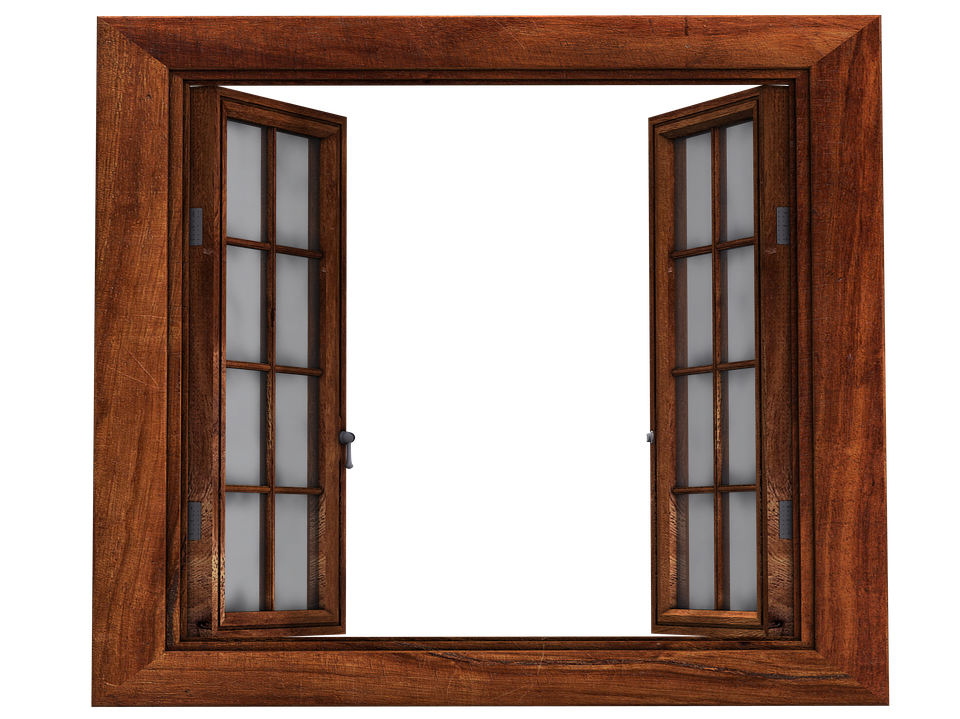Open Splace

What did Mahatma Gandhi say about western civilisation?
'That would be a good idea.'
I feel the same way about open educational resources (OER). I have never seen a good example. Can I ever find a Youtube video that explains and illustrates protein synthesis better than a 1990s college text book? Are my colleague's lecturecasts from last year relevant to my teaching on my own course?
My problem is that I want authoritative, not usable, to borrow David White's distinction between two types of online resource. More or less, just about good enough...I don't want to waste my students' time. My students are residents, not visitors.
What about new audiences? The OER that I reject for my enrolled students might be perfectly good for my imagined audience Out There. This new audience is hungry for anything they can fund. They can make the best of what they receive, and they will be grateful for it. Access, inclusion, widening participation. They need usable, not authoritative. They are visitors, not resident.
I do not believe what I wrote in my last paragraph.

The poverty of OER
Educational discourse now favours student-centered learning, team work, co-creation of curriculum, negotiated feeback, portfolio assessment...and here were are, sharing videos where professors talk to camera. A lot of OER is lecture capture or old-fashioned instructional videos. Tragically, professors sometimes spend hundreds of hours of professional studio and videographer time, recording a 'perfect script' for their MOOC. In the live classroom, they would probably just turn up and speak ex tempore, with slides!
When we advocate MOOCs - - do we want them for Other People's Children?
Does it have to be this way? Can we do Open Education in a more student-centered, tailored way? In other words, can we build an open educational splace for residents? if I am not providing tutorial support or authentic assessment or feedback for my new audience, I am just pretending to be open about my resource.
If we are going to persuade students to study flexibly/openly, we need to improve their educational literacy, and share our theories of online learning with them. One key feature of open learning that we could emphasise: students enrol in Education, not Lund (or Imperial, or Malardalen, or....)

Affordances, once more
We come back to affordances. How can students use OER space, rather than spectate in it? If there is to be a genuine attempt to reach two different audiences, and to give them flexible learning choices, then courses will need to be mostly asynchronous. This is a frontier for most university lecturers. We - and the students - think we are paid to work with students in the live classroom. Most of us do not know - and we do not care - what our students are doing when we can't see them. We are reluctant to give them 'homework,' or to template learning challenges for the students to pursue in their own time.
Our colleagues will need training in asynchronous course design - and so will the students, if they are to make good use of authentic OER. They will need to become citizens of splace.